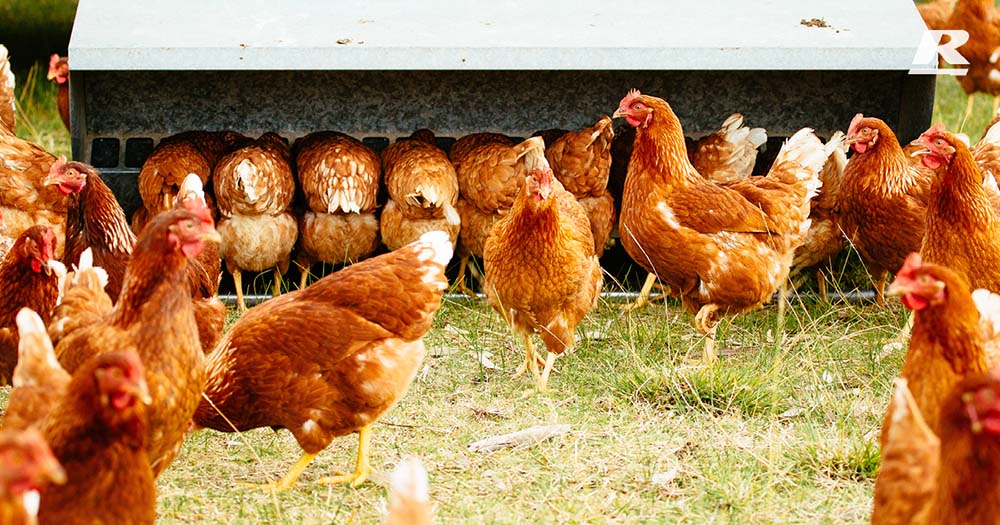The Role of Nutrition!
Supplying the correct nutrients to poultry, at all stages of their development and production, is a key factor for maintaining the immune system. An active immune system is essential so that diseases can be controlled and prevented from causing reduced wellbeing and economic losses.
The innate immune system of poultry is the frontline for disease prevention and control. Innate immunity of a bird is its natural, inborn ability to prevent and overcome diseases. Innate immunity requires a continual supply of the correct levels and balance of nutrients to maintain it in a state primed for action.
If the innate immune system fails, the active immune system is activated for production of antibodies and stimulation of specialised immune cells. Active immunity also requires supply of good quality nutrients to poultry otherwise it will not function to its optimal potential.
Protein/amino acids, fatty acids, minerals, and vitamins are vitally important for enhancing immunity and health.
Under stress conditions, such as low hygiene, disease outbreaks and high temperatures, it is essential to improve the health of poultry to ensure sustained animal performance and economic success. Optimising quantitative and qualitative chicken feed constituents when there is increased risk of disease (especially when there are no effective treatments or vaccines such as might occur in an infectious laryngotracheitis (ILT) pandemic), is essential for enhancing protection, prevention, and control programs. However, in severe and virulent outbreaks of disease, supply of normal nutrient requirements may not be sufficient to boost innate and active immunity.
In circumstances such as stress and disturbance in gut health, where in-feed or in-water antibiotics cannot be used, plant-based products containing bioactive substances, antioxidants, and micronutrients can be used. Many of these plant products have their origins in folk medicine but are being researched and assessed for their effectiveness in treatments of poultry kept in modern commercial production systems.
Deficiency of nutrients such as vitamins C, E, and D can increase susceptibility to emerging diseases and risk factors, such as poor management and high environmental temperatures can increase stress on poultry and decrease profitability. Improving diet formulation and diet quality are major nutritional strategies that can enhance immunity and health status and have a positive impact on performance wellbeing and longevity of poultry.
